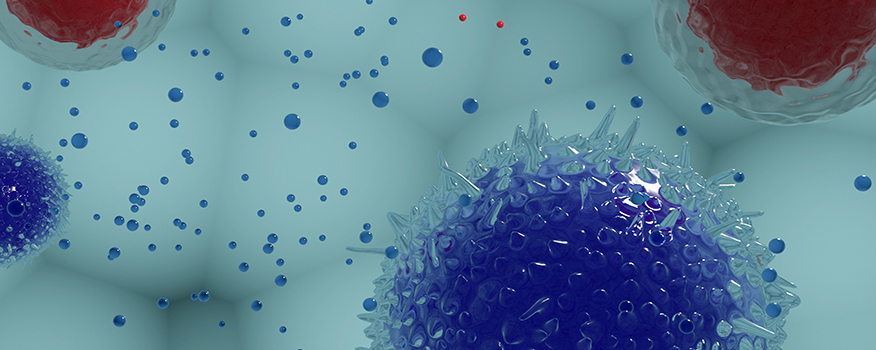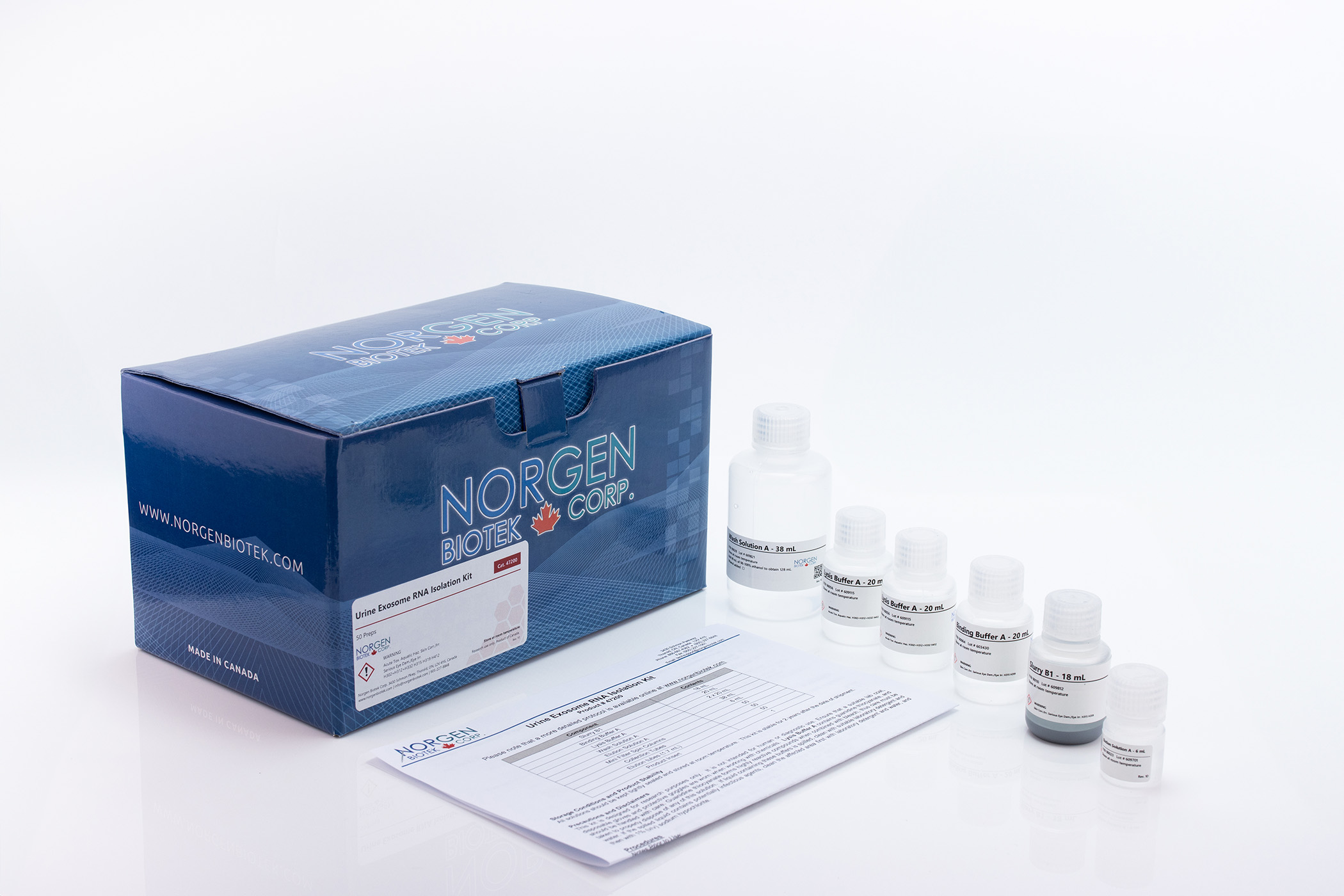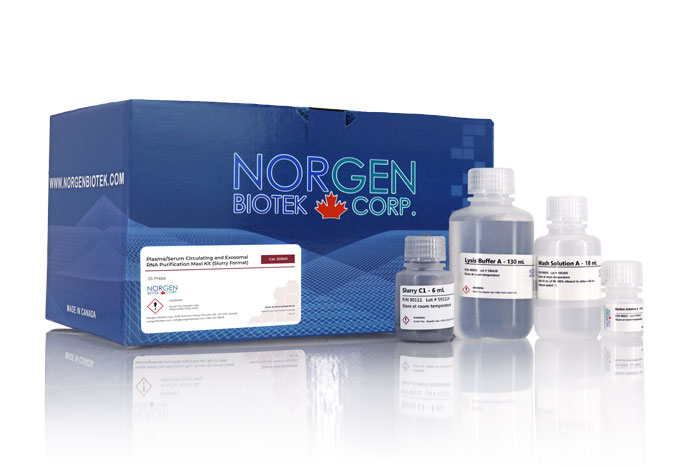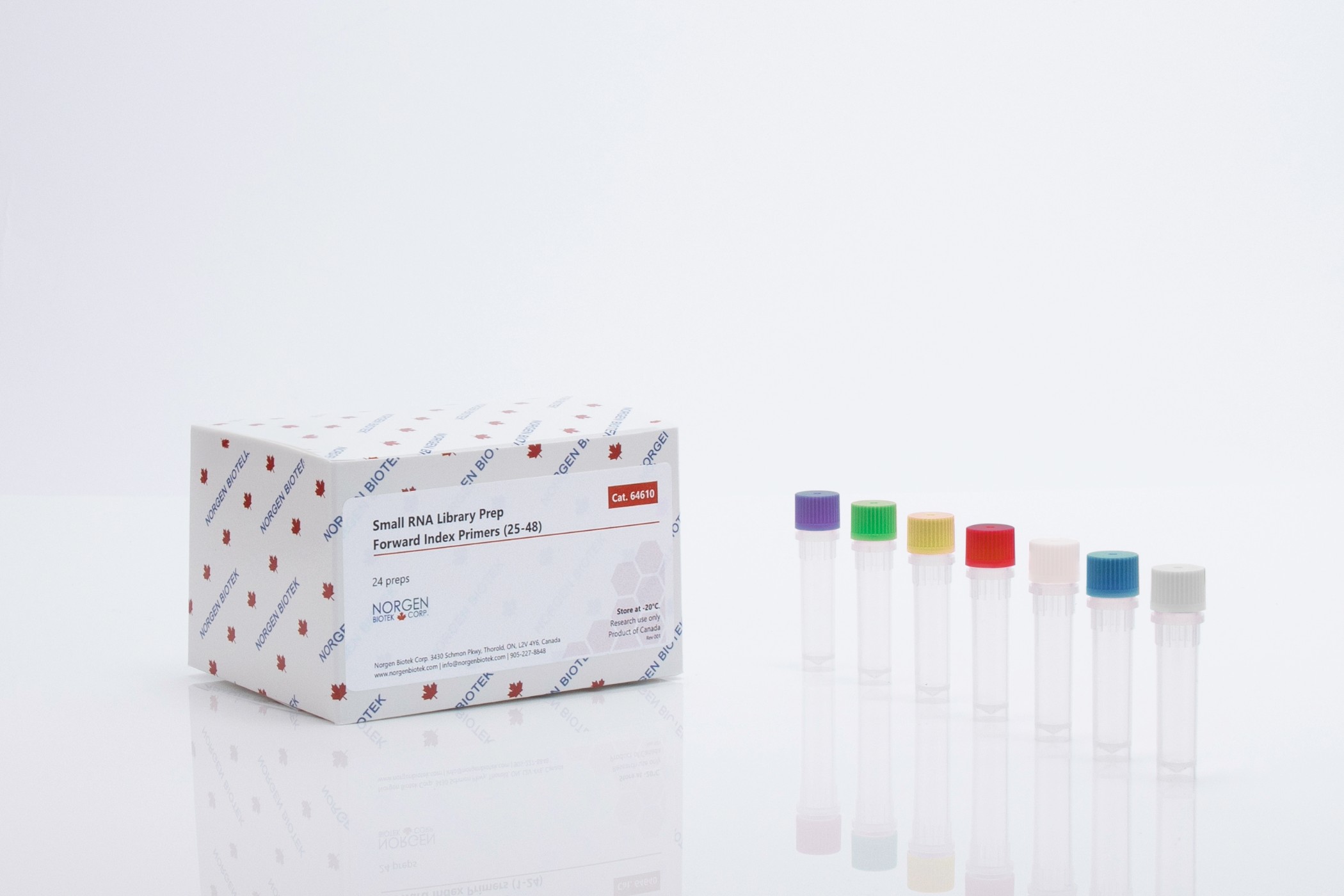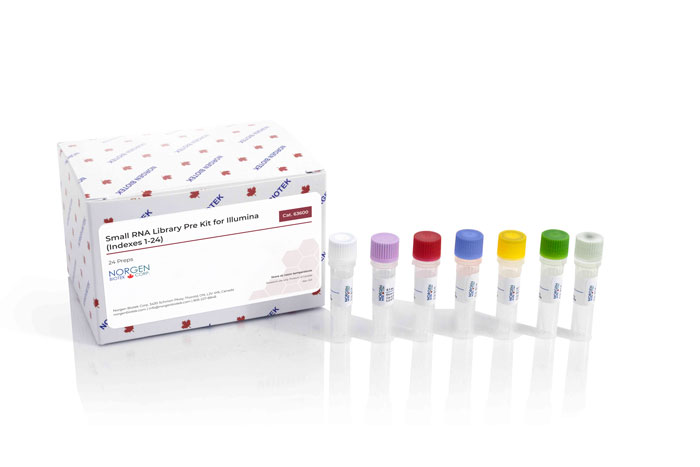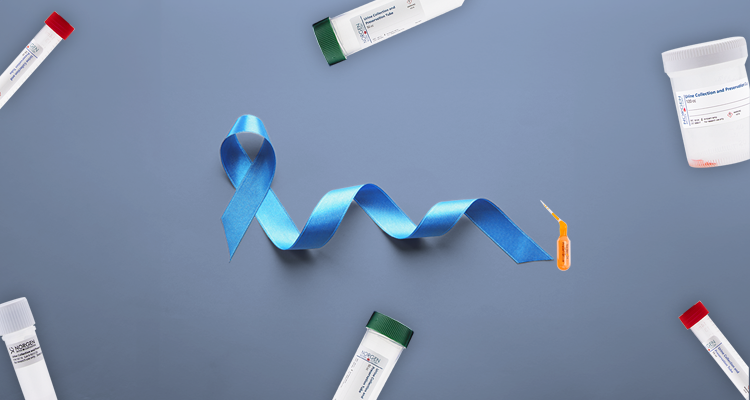Exosomal RNA sequencing has emerged as a powerful tool in the field of molecular biology. With its ability to unlock the secrets of intercellular communication, this cutting-edge technique offers valuable insights into the roles of exosomes and their RNA cargo in various physiological and pathological processes. In this blog post, we will delve into the fascinating world of exosomal RNA sequencing, exploring its principles, applications, and the significant impact it has on biomarker discovery, disease research, and clinical diagnostics.
Understanding Exosomes and Their RNA Cargo
Before diving into exosomal RNA sequencing, it's important to understand the role of exosomes in the human body. Exosomes are small, extracellular vesicles released by cells into various bodily fluids, such as blood, urine, and cerebrospinal fluid. These vesicles are involved in intercellular communication, facilitating the transfer of bioactive molecules, including RNA, between cells.
The Workflow of Exosomal RNA Sequencing
Exosomal RNA sequencing involves a series of steps to unravel the RNA content of exosomes. The workflow typically includes exosome isolation, RNA purification and isolation, library preparation, sequencing, and bioinformatics analysis. First, exosomes are isolated from the desired biological sample—the traditional isolation methods include differential ultracentrifugation, size-based isolation, and polymer-based precipitation. Next, RNA is extracted from the exosomes using specialized protocols that maintain the integrity of the RNA, such as silica or silicon carbide-based spin column technology.
Once the RNA is extracted, it undergoes library preparation, where complementary DNA (cDNA) is generated from the RNA using reverse transcription. The cDNA is then subjected to high-throughput sequencing technologies (next generation sequencing [NGS]), to obtain vast amounts of sequencing data. These sequencing reads are subsequently processed through bioinformatics analysis, which involves read alignment, identification of RNA species, quantification of expression levels, and downstream data interpretation.
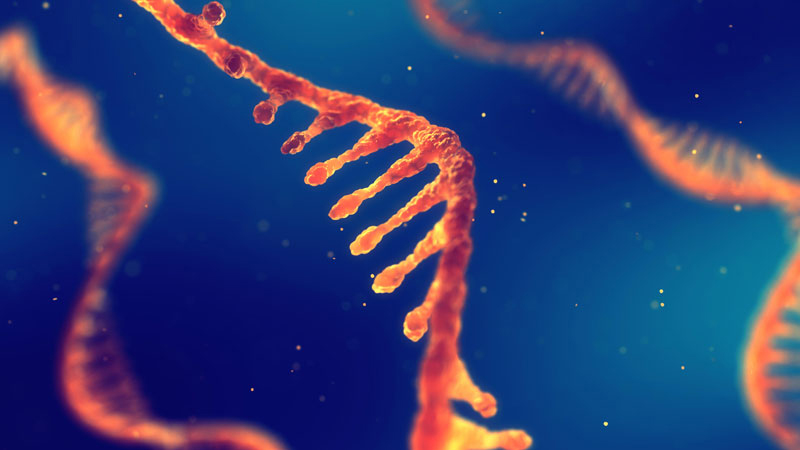
Applications of Exosomal RNA Sequencing
Exosomal RNA sequencing holds tremendous potential across a wide range of applications, advancing both basic research and clinical diagnostics.
NORBLOG
Want to hear more from Norgen?
Join over 10,000 scientists, bioinformaticians, and researchers who receive our exclusive deals, industry updates, and more, directly to their inbox.
For a limited time, subscribe and SAVE 10% on your next purchase!
SIGN UP
- Biomarker Discovery
One clinically significant application is the discovery of exosomal RNA biomarkers1,2. Researchers can identify specific RNA molecules that can serve as biomarkers for various diseases by investigating RNA profiles of exosomes derived from biofluids, such as blood or urine.
These biomarkers have the potential to revolutionize disease diagnosis, prognosis, and monitoring, providing non-invasive alternatives to traditional tissue biopsies.
- Cancer Research
Exosomal RNA sequencing plays a pivotal role in cancer research3. By analyzing the RNA content of cancer-derived exosomes, researchers can gain insights into tumour-specific gene expression patterns, identify potential therapeutic targets, and understand mechanisms of metastasis and drug resistance. Additionally, exosomal RNA sequencing enables liquid biopsies, facilitating the non-invasive detection and monitoring of cancer through the analysis of circulating exosomal RNA.
- Disease Pathogenesis
Studying the RNA cargo of exosomes contributes to a deeper understanding of disease pathogenesis3. Exosomal RNA sequencing helps elucidate the role of exosomal RNA in disease progression, immune responses, tissue regeneration, and neurological disorders. By identifying disease-specific RNA signatures within exosomes, researchers can gain valuable insights into disease mechanisms and novel therapeutic strategies.
- Drug Development and Treatment Monitoring
Exosomal RNA sequencing aids in drug development and treatment monitoring4. By assessing changes in exosomal RNA profiles before and after treatment, researchers can evaluate treatment response, identify drug resistance mechanisms, and discover potential therapeutic targets. This information paves the way for personalized medicine, enabling tailored treatments based on individual RNA signatures.

Norgen Biotek: A Pioneer in Exosome Research
Norgen Biotek has positioned itself at the forefront of exosome research, providing reliable, all-in-one solutions for the exosome research pathway.
Firstly, Norgen Biotek offers a range of kits for exosome purification, tailored for a diverse range of biofluids and input volumes. These kits employ a highly selective, proprietary silicon carbide resin matrix, enabling isolation of exosomes with optimal purity.
After exosomes have been isolated, Norgen Biotek’s RNA extraction kits can be used for the isolation of high-quality exosomal RNA. The protocols have been optimized to minimize RNA degradation and ensure the recovery of all sizes of RNA, suitable for sensitive downstream applications such as next-gen sequencing.
Comprehensive solutions for exosomal RNA library preparation and sequencing are also available from Norgen Biotek. Their library preparation kits enable the conversion of exosomal RNA into complementary DNA (cDNA), which is a crucial step before sequencing. These kits ensure the generation of high-quality libraries for sequencing.
Furthermore, Norgen Biotek extends its support beyond sample preparation and sequencing. Their bioinformatics experts offer tailored analysis pipelines for exosomal RNA sequencing data. From read alignment to identification of RNA species and expression quantification, their bioinformatics solutions can provide researchers with valuable insights into the functional annotation and interpretation of their data.
In summary, Norgen Biotek’s commitment to advancing exosome research is evident in their comprehensive offerings for exosome purification, exosomal RNA isolation, and downstream applications such as RNA sequencing. By providing reliable products, sequencing services, and bioinformatics support, Norgen Biotek empowers researchers.
